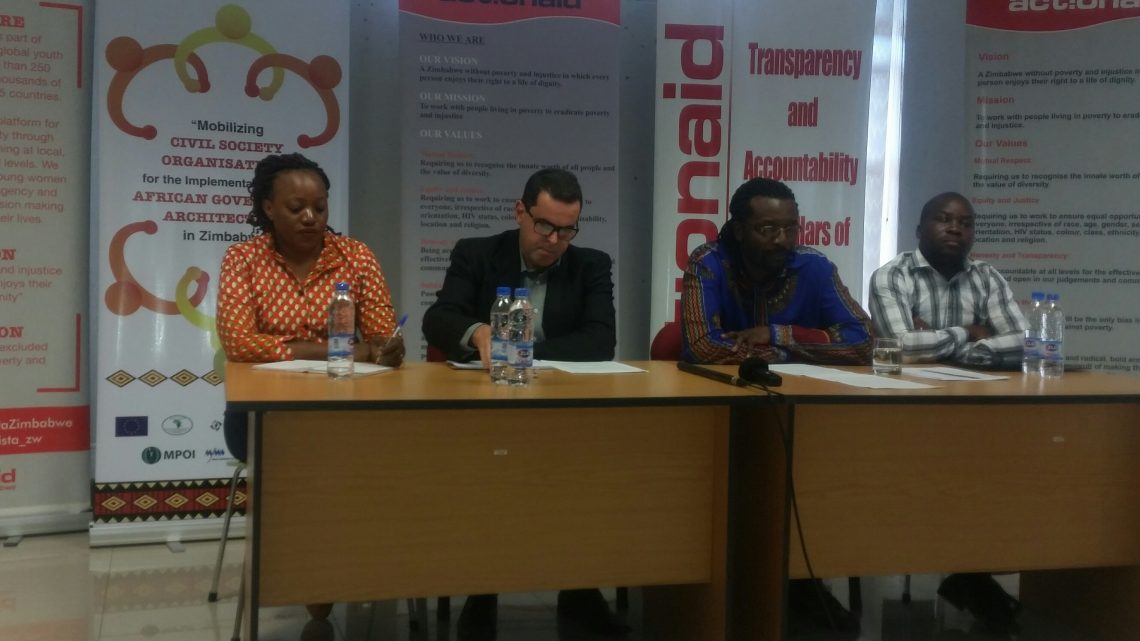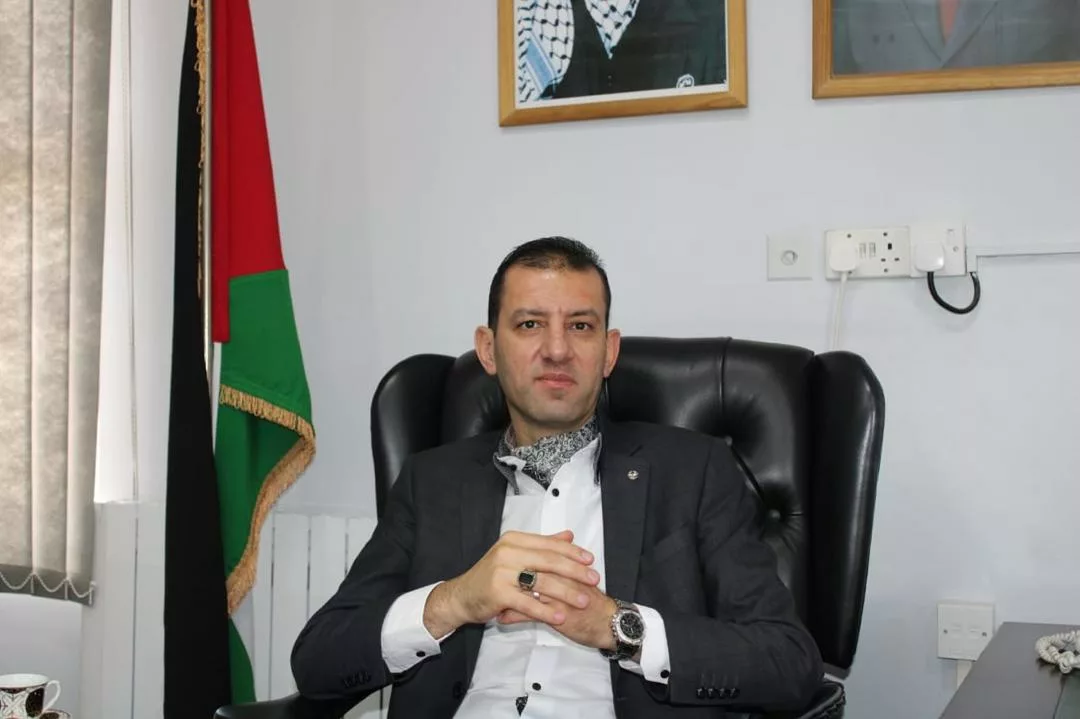Those living in poverty and suffering inequalities and injustices should be at the centre of policies and development, the Action Aid Zimbabwe (AAZ)’s Social Justice Manifesto reveals.
“The Social Justice Manifesto we are launching today (Sunday 29 July 2018) is a product of ActionAid Zimbabwe’s two (2) decades of work with people living in poverty and exclusion, those at the receiving end of inequalities, and social injustices based on race, gender, sex religion, class, and age, among others.
“The Social Justice Manifesto, is our statement to political players and the government that will emerge out of this election, articulating an agenda for social justice, based on a vision for a just society which puts those living in poverty and suffering inequalities and injustices at the centre of policies and development. The Social Justice Manifesto represents living aspirations, beyond the election itself, and will thus inform our continued engagement with the key issues set out in this manifesto, post the election,” said Joy Mabenge, the AAZ Country Director during the launch of the manifesto in Harare.
The manifesto focuses on five key pillars namely the government and public institutions; women’s rights and inequality; public services; land, food security, building community resilience; and the youths.
The manifesto urges all leaders to uphold the national constitution and promote the rule of law. In that vein, social Justice will be achieved though servant leadership, governing through separation of the different arms of the State – Executive, Judiciary, Legislature and the media.
AAZ called for social protection to people living in poverty or excluded populations (people with disabilities, the elderly, orphans, sexual minorities and other excluded ethnic groups). In the same manner, social justice will thrive in an environment where there are independent and democratic public institutions that are transparent, accountable, corruption free and non-partisan provision of goods and services.
“There must be practices and principles of participation and inclusivity of its citizens in public policy and legislative formulation. For social justice to be embedded on all spheres of life, there should be devolution of Power for decentralisation of goods and services.”
The manifesto notes that women want accessible, affordable, available, adaptable and safe health services. The demands are: women’s empowerment and transformation in their lives though their participation in decision making, access to, control over, ownership, utilisation and fair distribution of resources.
“The women whose side we are, are calling for safe public spaces to facilitate meaningful participation in the national development agenda. They are seeking respect for women’s sexual autonomy and bodily integrity as well as safe, reliable and accessible safe public services which include public transport, lighting and referral services for sexual and reproductive health to allow them to go through a violence free life,” Mabenge said.
Zimbabweans want to see domestic resources mobilised through progressive taxation to fund public services that are free and non-privatised services particularly in the health and education sector. Thus there is a call for gender responsive, non-discriminatory and sexism free public institutions. The Social Justice Manifesto is also pushing for gender responsive budgets that adhere to international best practice.
The citizenry is calling on the incoming government to ensure women have enhanced access, control and ownership over productive land and other natural resources for sustainable development. It also encourages financing and extension support for agriculture to also prioritise women small holder farmers, while also guaranteeing social safety nets for households living in poverty deemed unable to meet the basic minimum food and nutrition standards. In the face of natural hazards and shocks, the citizens are calling for strengthening early warning systems, while promoting women-led community-based humanitarian response mechanisms. Communities hosting natural resources want to benefit from those natural resources.
Among the many challenges facing the youths, the young people are demanding that the new government must guarantee youth employment opportunities, and affordable, accessible, available, adaptable and safe education for all.
Nalucha Nganga Ziba, the ActionAid Zambia Country Director praised Zimbabweans for the relative peace that has characterised the run-up to the crucial harmonised elections and reiterated that peace and co-existence are key ingredients in building a just and democratic society.
Adriano Campolina, the Secretary General of ActionAid International said the elections were the moment in which society should frame the priorities to establish terms of engagement with the political establishment. He added that the elections offered an opportunity to discuss fundamental policy choices towards eradicating poverty and promoting social justice.
Betty Sithole, the AAZ Gender Officer called on the mandatory training of all police officers on addressing and handling issues of gender-based violence (GBV) cases. She called on the need to have a Victim Friendly Unit that does not close during weekends since GBV and sexual abuse cases occur all the time. As a panacea, Sithole said there should be stiffer penalties against perpetrators of GBV and sexual abuse.
Ronica Mumbire, the Chairperson of the Women’s Coalition said praised the AAZ Manifesto for highlighting issues that her organisation is seized with. She however bemoaned the decrease in the representation of women in leadership positions from 33% to 15% during this election.






